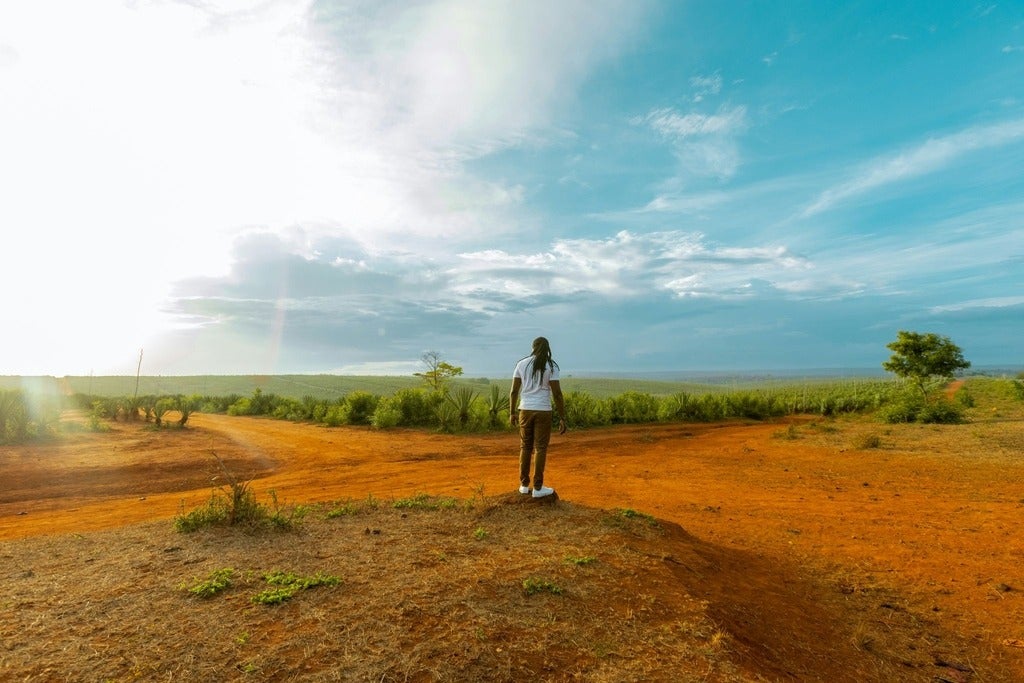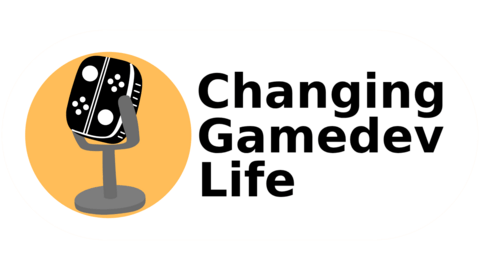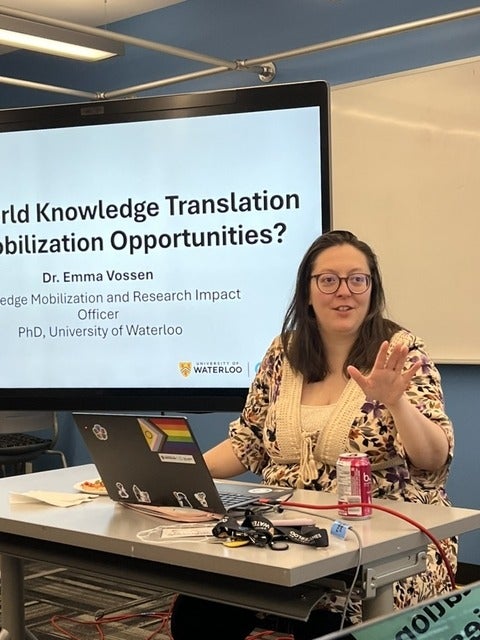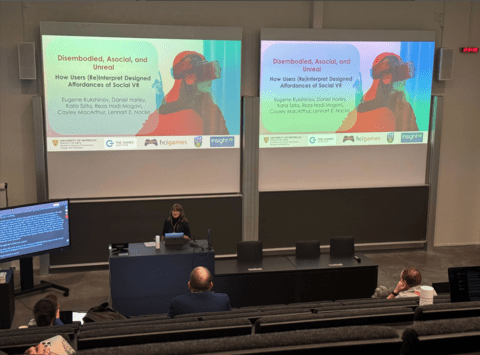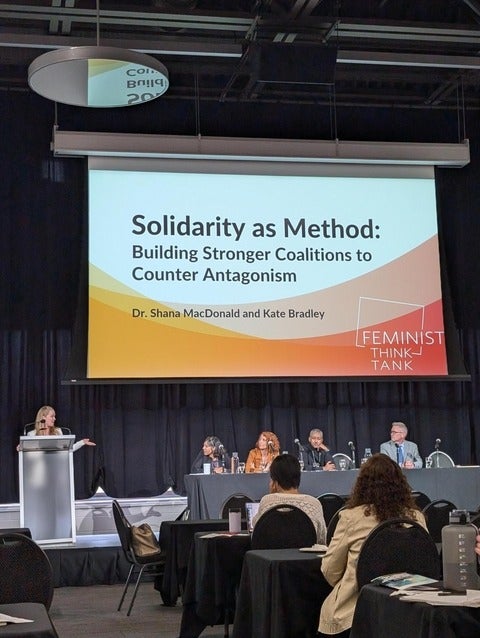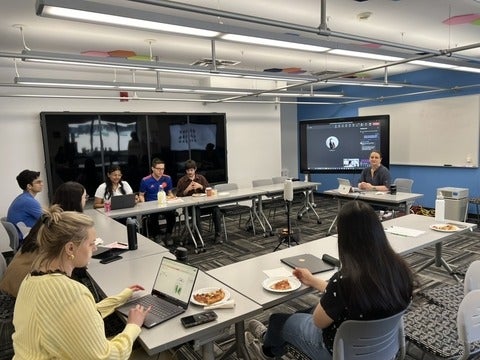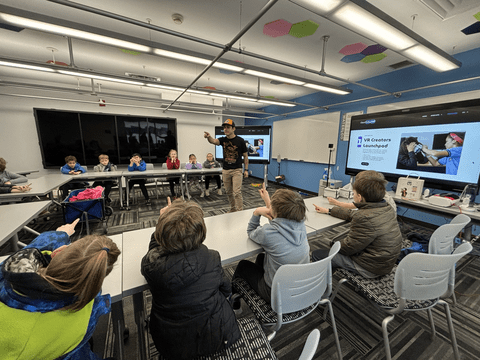GI Faculty Member Dr. Igor Grossmann Awarded $1.5 Million Grant for His Interdisciplinary Project
Games Institute (GI) faculty member Dr. Igor Grossmann (Psychology), in collaboration with his team at Wisdom and Culture Lab, successfully secured a $1.5 million grant for their “Wisdom across cultures beyond traditional decision-making paradigms” project.
